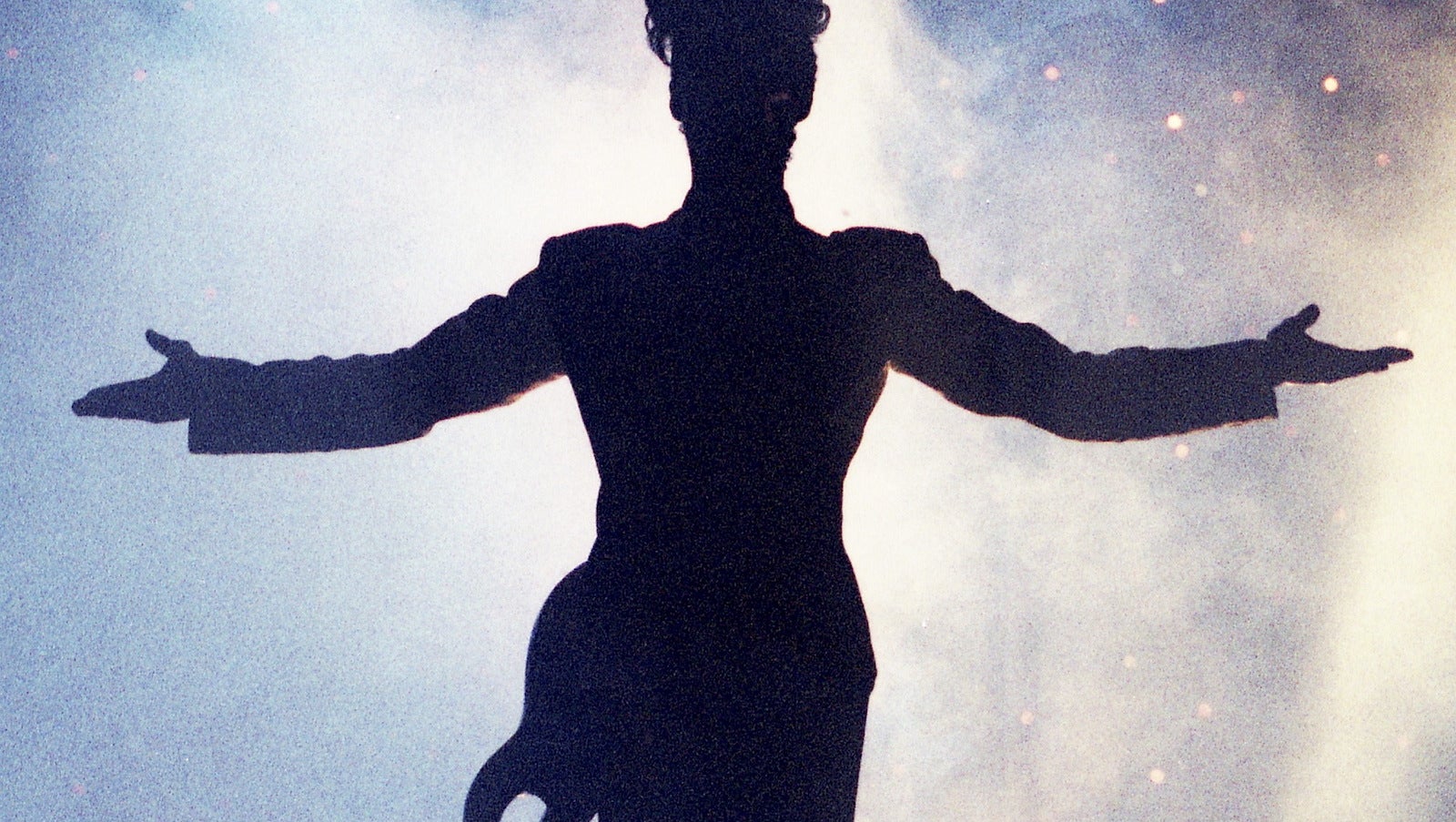Prince’s music is now on all streaming services, which Prince would’ve absolutely hated
Subtlety is being given no place in this victory.


Subtlety is being given no place in this victory.
“The rumors are true… music fans rejoice!” announced Napster. Spotify plastered a New York City subway station with bright purple advertisements in anticipation. Amazon Music, Apple Music, and iHeartRadio all confirmed the news to various music publications beforehand as well.
On the same day that a Prince tribute is being performed on-stage at the 59th annual Grammy Awards in Los Angeles, the late singer’s music floods all those streaming services, ending an 18-month drought where his back catalog was only available on Jay Z’s subscription service Tidal.
Why hasn’t Prince’s music been available anywhere else for almost two years? Because the singer pulled his catalog from Spotify and other mainstream companies in the summer of 2015 in a statement against Spotify’s free streaming tier and in favor of artists’ rights. It appears, though, that the late musician’s estate has brokered new deals to make his Warner Bros. catalog available everywhere again. (The estate is also in an ongoing lawsuit with Jay Z over whether Tidal really has exclusive rights.) All of his albums from 1978 to 1996 are now available on Spotify and the others.
There is deep, sad irony in that. Prince was a famous champion of artistic control, giving up his own name in a battle with his record company only to aggressively target services like YouTube for featuring clips of his music without permission, and succinctly paring down his philosophy into one line in a 1997 interview: ”If you don’t own your masters, then your masters own you.”
Tidal, which Prince approved of because of its artist-centric business model, didn’t play down its two years of exclusivity with modesty. Jay Z at one point bragged in song, “Prince left his masters where they safe and sound—we never gonna let the elevator take him down,” and the streaming service also released 15 rare Prince albums with fanfare on what would have been the artist’s 58th birthday, had he not died on April 21 last year. “Prince wanted control over his music. It was his. He wrote it and recorded it. His simple, reasonable request was to determine how it was used and how much he should get paid for that use,” Jeff Price, a music entrepreneur and the founder of royalty collection agency Audiam, tells Quartz.
The managers of Prince’s estate seem to have at least one particular reason for so thoroughly defying the artist’s wishes, however: The estate, despite being worth $200 million, apparently owes around $100 million in taxes.